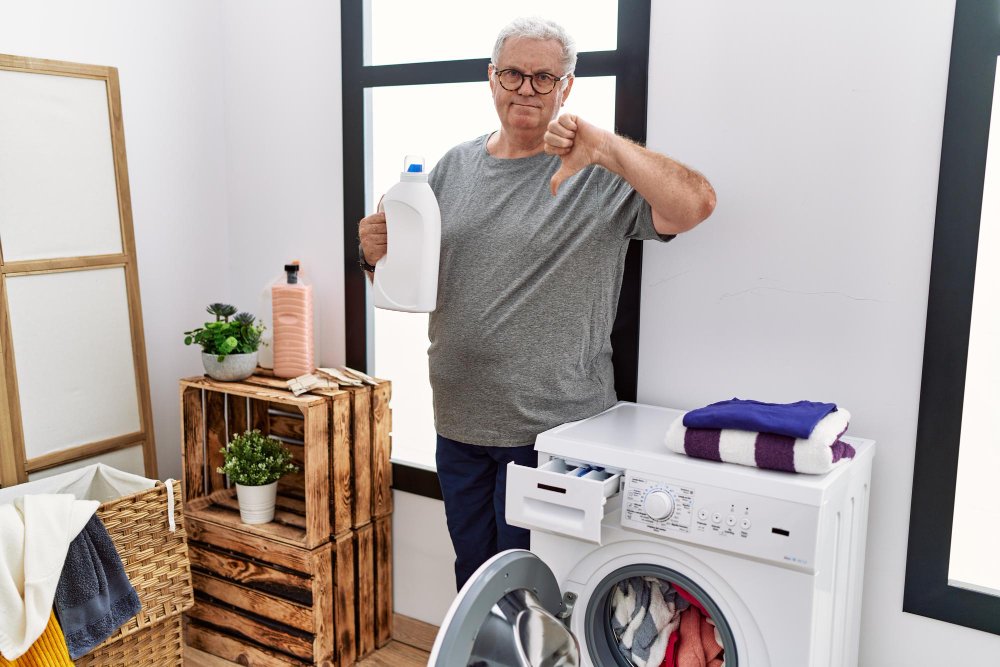Key Takeaways
- Conducting routine maintenance sustains your washing machine's performance and prevents untimely breakdowns, saving on repair costs.
- Identifying and understanding common washing machine issues enables you to make informed decisions on when to conduct a repair versus call in a professional.
- Selecting the correct replacement part type is crucial to your appliance's smooth operation.
- Regular upkeep, such as cleaning and respecting load sizes, can significantly boost the efficiency and longevity of your washing machine.
The Importance of Regular Maintenance
Maintaining your washing machine is crucial for ensuring its longevity and optimal performance. Conducting periodic inspections and immediately addressing any issues can help avoid costly repairs. It's a best practice to refer to your manufacturer's guide - this can provide valuable insights into maintenance routines and highlight specific components that should be routinely checked. This is where a reliable source for obtaining necessary parts, such as Samsung washer parts, becomes invaluable. Aside from actual components, it's essential to look for any signs of stress or unusual wear, such as leaks, strange noises, or vibrations, which could indicate that certain parts are nearing the end of their lifespan.
Common Washing Machine Problems and Their Solutions
Issues with washing machines can range from minor nuisances to significant inconveniences. One of the most common complications is leaks, which can crop up for several reasons, including worn-out seals or damaged hoses. Identifying the source of a leak is usually the first step towards fixing the issue. Another set of problems pertains to the internal mechanics of the machine, such as the drum or motor, which could manifest as unusual noises or movements. Some of these issues can be resolved through a simple part replacement, such as a new belt or a pump, which may only require a basic knowledge of appliance repair and confidence in one's DIY ability.
Choosing the Right Replacement Parts
Selecting the appropriate replacement parts for your washing machine is of paramount importance. Consumers often choose OEM (Original Equipment Manufacturer) parts or aftermarket alternatives when shopping for parts. While aftermarket parts seem appealing due to their sometimes lower price points, they might not offer the same guarantee of compatibility and performance as OEM parts. Additionally, it is crucial to make informed decisions about whether a faulty part should be replaced or if it's more cost-effective and practical to purchase a new appliance altogether.
Maximizing Efficiency and Performance
Performing routine checks and cleaning tasks is essential to keep your washing machine running efficiently. Regular care contributes to the washing machine's better performance and reduces the likelihood of needing repairs. Practical tips such as using the correct detergent type, avoiding overloading, and running the wash cycles with optimal settings can all help maximize efficiency. Moreover, staying informed about the most energy-efficient practices for operating appliances can lead to substantial economic and environmental savings.
Also Read: 9 Things to consider when shopping for greenhouses
Understanding Warranty and Support Options
Awareness of your appliance's warranty and support options is crucial for maintenance and repairs. Warranties can cover various components and may influence decisions concerning repairs, replacements, and who should perform the work. Ensuring you use OEM parts for repairs is often a warranty requirement by many manufacturers. Therefore, it's essential to understand the stipulations and timelines of your warranty and what constitutes voiding it to prevent any unforeseen issues or expenses.
Economic Considerations in Appliance Maintenance
Long-term cost is an important aspect to consider regarding appliance maintenance. Generally, the older an appliance gets, the more economical it becomes to replace rather than repair it due to technological advancements and efficiency. Repair costs, the potential for recurring issues, and the energy consumption of the outdated model are all factors to consider. Ensuring maintenance protocols are followed and repairing components as needed can prevent the need for more extensive, costly services. These measures promote appliance longevity and assure optimal performance and energy consumption levels, contributing to ongoing savings.



